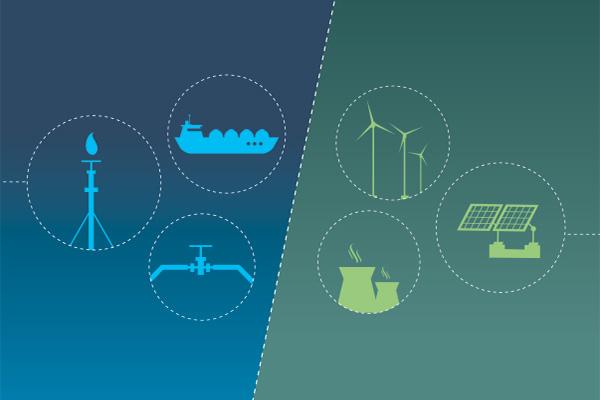
EU gas and electricity markets returned to a much more stable and predictable situation in the second quarter of 2024 relative to the same period in 2023, according to the new Quarterly Reports for both markets published today. The reports highlight the acceleration of a number of positive structural changes with the most notable progress being the record level of renewables (52%) in the generation of electricity.
The latest Electricity Market Report showcases positive developments in electricity markets, with falling prices and an increasing share of renewables in the electricity mix. A significant milestone was reached as renewables, primarily solar and wind energy, accounted for over half of the electricity generation, hitting a record 52%. This growth in renewable energy has contributed to the reduction in the use of fossil fuels for electricity production, which reached a new low of 20% in terms of electricity generating share. Electricity generated from gas, for example, was 24% lower than at the same time last year (and coal-fored generation down 26%). Overall, electricity consumption rose only slightly (+1%) in Q2 2024 compared with Q2 2023.
Both wholesale and retail electricity prices continued on a declining trend as in the first quarter of 2024. The European Power Benchmark averaged 60 €/MWh in Q2 2024 – which is 33% lower than in the second quarter of 2023.
The latest Gas Market Report highlights that EU gas markets have stabilised, having adjusted to the structural changes prompted by Russia’s invasion of Ukraine and the related gas supply disruptions, as well as the measures introduced to tackle the crisis. In the April-June 2024 period, EU gas consumption continued its structural decline, driven by a decline in fossil gas-fired power generation, higher energy savings, reduced demand, and growing renewable energy production. Overall, EU gas import volumes remained on a downward trend, while already historically high storage levels continued to rise further. Gas retail prices were 4% down compared to the previous quarter and 10% lower than in Q2 of 2023, returning to levels last seen in 2021, before the outbreak of the energy crisis. Gas wholesale prices continued to converge on the EU internal gas markets, facilitated by smooth cross-border flows and competitive supply conditions.
Related links
Details
- Publication date
- 24 October 2024
- Author
- Directorate-General for Energy
